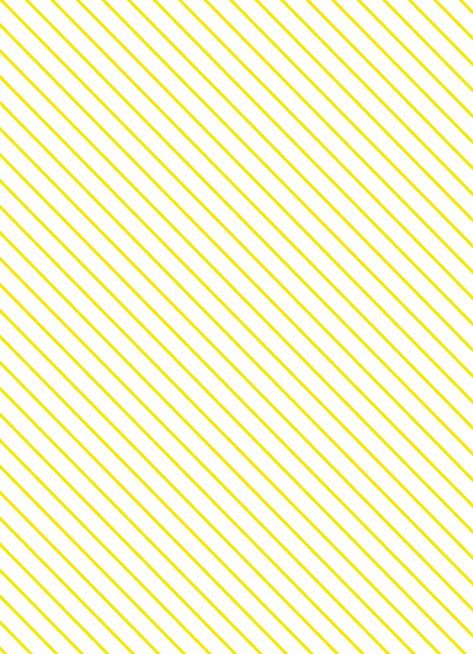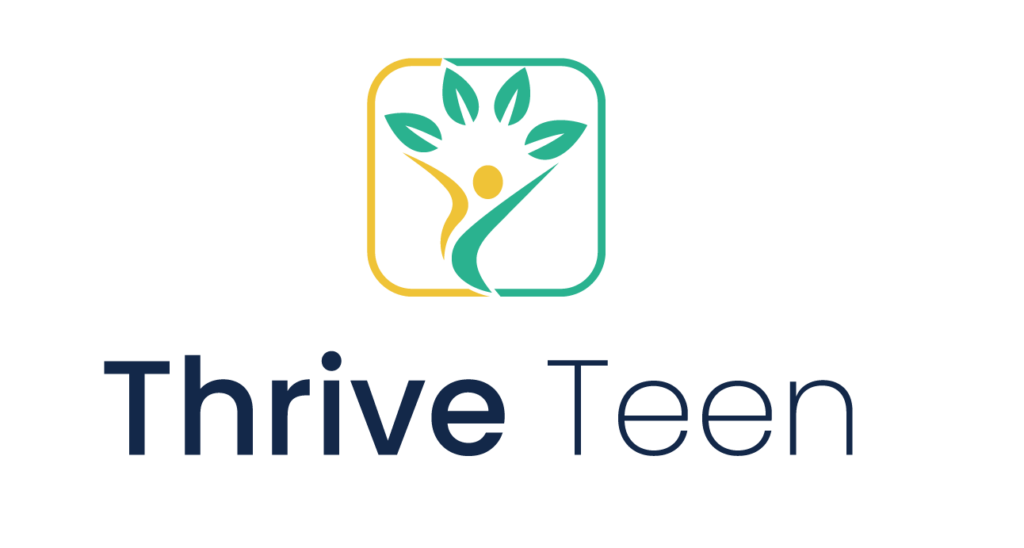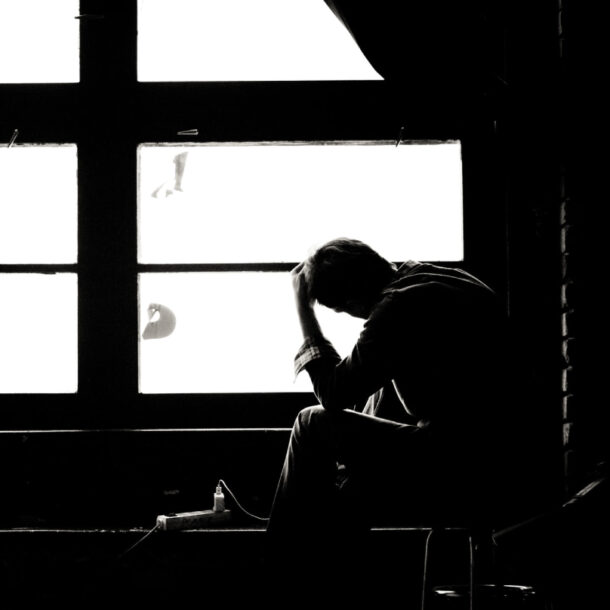Areas We Serve
Long Beach
For your teen, the challenge of navigating the peaks and valleys of daily life is a part of growing up. Adolescence is a time of immense growth in brain and body development. With hormonal changes, increased expectations to do well in school, and family and peer pressure, your son or daughter often rides a wild emotional rollercoaster. It is entirely normal for your teen to struggle with their feelings, and the wide mood swings and intense feelings they experience are par for the course in the life of a modern teenager.
However, what happens if your teenager’s behavior goes beyond the usual growing pains of being a young person? What if their emotions impact their daily lives to the point where their schoolwork and social life suffer? What if their behaviors affect them to the point where they become isolated, withdrawn, and even combative? If you are seeing these troubling changes in your child’s behavior, they may be dealing with a mental illness.
Thrive Teen is a Virtual Treatment Program for teens. Contact us today to learn more.

Introduction to Teen Mental Health in Long Beach
While not talked about as much as drug addiction, teen mental illness is a significant health issue. It affects all teens in all parts of the United States, including those in Long Beach and the surrounding areas. In a community needs assessment done by the city in 2019, the emergency room rates due to teen suicide and intentional self-injury were 39.4 visits per 10,000 population for the 12-17 age group. Regarding mental health issues among Long Beach teens under 18, the ER rate was 23.3 visits per 10,000 population.
The growing issues of teen mental health can also be seen throughout the state of California. According to data collected as part of the 2019 California Healthy Kids Survey, older teens aged 15-17 were one and a half times more likely to experience significant psychological distress when compared to younger teens. The survey also found that 58 percent of teenagers whose families live below state poverty guidelines reported moderate to serious psychological distress in the past year. Additionally, female adolescents were one-and-a-half times more likely than males to report experiencing serious psychological distress, and gender-nonconforming teens were also more likely to report serious distress than gender-conforming teens.
Alarmingly, there are great disparities between LGBTQ teens and non-LGBTQ teens in terms of mental health issues. According to a report from the Human Rights Campaign Foundation:
- More than 78 percent of LGBTQ youth in California felt depression symptoms within the past week.
- 45 percent indicated feelings of worthlessness and hopelessness
- 84 percent indicate their stress level was at above-average levels
Teen mental illness requires immediate and professional attention. If your son or daughter is experiencing any form of mental illness, you need to seek the professional help offered by Long Beach mental health services.
What to Look for in Long Beach Mental Health Services
It can be an overwhelming task if you are searching for mental health treatment in Long Beach for your teen. It is important to find the right Long Beach teen mental health program that fits your son’s or daughter’s specific needs. Mental health treatment requires a significant personal and financial commitment. You need to be sure that the facility you choose features the right programs and services that will give your child the best chance at long-term recovery. If you are unsure of what to look for in a mental health treatment center in Long Beach, the following tips will help you in your search:
- Be sure that the program and services provided are extensively researched and tested. Most importantly, the facility needs to have a proven track record of success with these programs.
- The facility/facilities you look at need to employ experienced counselors, clinicians, mental health staff, and other personnel. The staff employed at the best Long Beach adolescent mental health centers have Masters-level certification.
- Facilities must have current accreditation of the programs and services they provide such as the Commission on Accreditation of Rehabilitation Facilities (CARF) and the Joint Commission on Accreditation of Healthcare Organizations (JCAHO).
- Long Beach mental health treatment centers must offer family therapy and programs. Since mental illness is considered a family disease, these facilities must provide comprehensive and proven family programs such as therapy and support groups.
- Aftercare programs such as peer support group meetings and ongoing outpatient therapy should be offered at any Long Beach mental health treatment center
- Facilities must include programs that are sensitive to all young people regardless of their gender, sexual orientation, or ethnicity.
- The facility you look at should be able to work with many different insurances, and they should offer alternate ways to pay if you are underinsured or uninsured.

How Do I Know if My Teen is Struggling with Their Mental Health?
How do you know if your child’s behavior is just “kids being kids” or something deeper and more devastating? The signs of teen mental illness can be difficult to pinpoint, and often children with mental health disorders go to great lengths to hide or rationalize their behavior. The following are warning signs that your teen may have a mental health issue:
Poor Self-Care
Teens with mental health issues will show a sudden and ongoing lack of self-care. Examples include teens not showering for weeks or months, stopping brushing their teeth and hair, and always wearing dirty clothes.
Extreme Mood Swings
Children with mental illness will display shifts of mood that are out of character. If your teen swings from extreme euphoria to aggression, or suddenly display reckless behavior, they may be dealing with a mental disorder.
Declining Grades
Teens with mental illness will experience a sudden drop in academic performance. While there may be other disorders like ADHD at play, there could be bigger problems if this slide in grades occurs over a couple of semesters. Other signs include lack of organization, poor planning of study time, and chronic concentration lapses.
Loss of Interest in Activities
When a teenager is struggling with mental illness, they will often lose interest in activities they used to enjoy or look forward to participating in. These include hobbies, sports, music, or other extracurricular activities.
Use of Substances
Teens with mental illness issues may turn to drugs and alcohol in order to cope with their feelings. While substances may help ease their emotional and psychological pain, they will also worsen their mental illness. Additionally, they may also develop a drug addiction and their mental issues.
Profound Feelings of Worthlessness
It is normal for teens to feel a sense of worthlessness, guilt, sadness, or shame now and then. However, if these feelings persist over weeks and months and your teen starts having suicidal thoughts or is engaging in self-harming behavior, you need to find help right away.
Isolation
If your teen withdraws from family and friends and spends most or all of their day on their own, it is a red flag they may be struggling with mental illness such as depression or anxiety.

Let Us Help Your Family
We Work with Most Insurance









Why Choose Our Teen Long Beach Mental Health Clinic
If you desperately need mental health treatment for your teen in Long Beach, Thrive Teen Treatment should be your first and only choice. We are one of the premier health treatment facilities in Southern California, and we firmly believe that an individualistic approach to treatment will best address your teen’s mental illness. Our expert treatment staff will work with you and your teen to create a treatment plan tailored to meet their unique needs.
Thrive Teen Treatment offers evidence-based programs that will help your child overcome a variety of mental illnesses, including anxiety, depression, PTSD, as well as any mood, personality or eating disorder. Our highly experienced staff will utilize proven services such as psychotherapy, cognitive behavioral therapy, as well as meditation techniques, medication therapy, and other interventions.
Most importantly, Thrive Teen Treatment works with and accepts many major insurance plans. In the event that you are underinsured or even uninsured, we offer alternative and flexible payment options. Give us a call today so we can get you the help you need and deserve.
Get Help at Our Online Teen Mental Health Treatment Center
If your son or daughter is dealing with a mental illness, it can have crippling effects on them and your entire family. If you don’t get immediate professional help, your teenager’s issues will grow worse and will continue to create havoc as they enter young adulthood and even adulthood. Don’t wait another day to get help. Call Thrive Teen Treatment right now. No matter the severity of your child’s mental health issues, our experienced team will work with you, your teen, and your family to address the underlying causes of your child’s mental illness. Once addressed, we will give your child and family the tools and support you need to heal, grow and be happy! Call us today and speak to one of our compassionate staff members.
Treatment Services at Our Teen Center
- Individual Therapy
- Medication Management
- EMDR & Trauma Therapy
- DBT & Emotion Regulation
- Mindfulness & Meditation
- Psychiatric Services
- Psychoeducational Groups
- Life-Skills Training
- Group Therapy
- Experiential Therapies
- Relational Education & Therapy
- Self-Empowerment
- Codependency & Boundaries
- Local Mutual Support Group Meetings
- Resume Building
- Job Search Assistance
- Academic Assistance
- Device Dependency
- Anger Management
Thrive Teen offers treatment for a variety of mental health disorders







